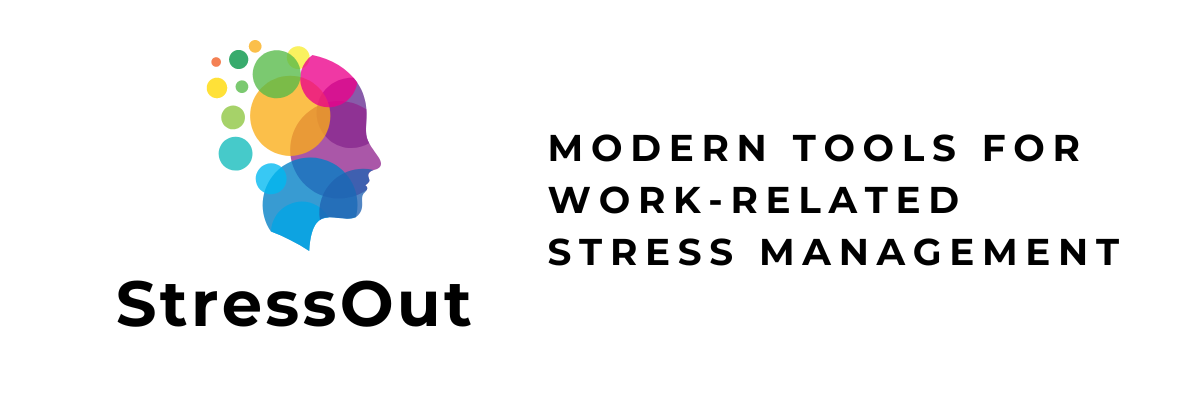Overwork and Its Hidden Costs
Many individuals and businesses wear long work hours as a badge of honour. The notion that “working harder” equates to success has been ingrained in our culture. However, now more than ever it’s becoming clear that long hours not only lead to damaging effects on individual well-being, but they can also challenge the productivity and resilience of businesses.
Studies show that excessive working hours lead to decreased productivity, bad decision-making, and increased risk of burnout among employees. Additionally, overworked individuals are more prone to physical and mental health issues, leading to higher absenteeism rates and reduced engagement in their roles.
While some businesses might view long hours as a sign of dedication and commitment, research indicates that it can have counterproductive effects on overall company performance. Overworked employees are more likely to make mistakes and experience decreased creativity. This can result in higher turnover rates, lower job satisfaction, and a negative impact on the company’s bottom line.
To build resilient companies, it is crucial to prioritize stress prevention strategies. Employers can implement policies that encourage work-life balance, such as flexible working hours, remote work options, and promoting the use of paid time off.
Providing stress management tools for employees is equally important. Companies can invest in employee assistance programs (EAPs), mental health resources, and wellness initiatives, therefore, encouraging regular breaks, mindfulness practices, and physical exercise which in turn can help alleviate stress and boost overall well-being, leading to increased productivity and job satisfaction.
In addition, technology can also be connected with stress prevention and management. Companies can provide access to stress-reducing apps, virtual wellness sessions, and tools for time management and prioritization.
The core objective of the StressOut project is to offer a comprehensive set of stress prevention and management tools, catering to both individual and corporate needs. It seeks to accomplish this by developing an inventive training program, enriched with experiential activities, empowering employers and employees alike to effectively tackle stress and burnout arising from work-related pressures. Additionally, the project aims to equip participants with practical techniques for proactively preventing stress, all made available through a user-friendly and contemporary platform.









